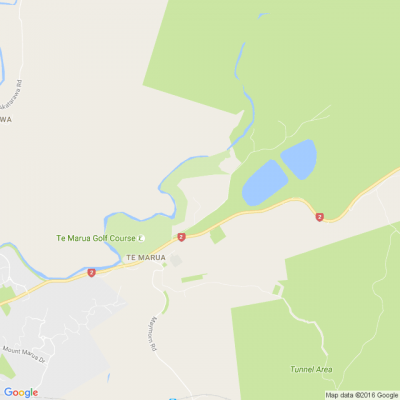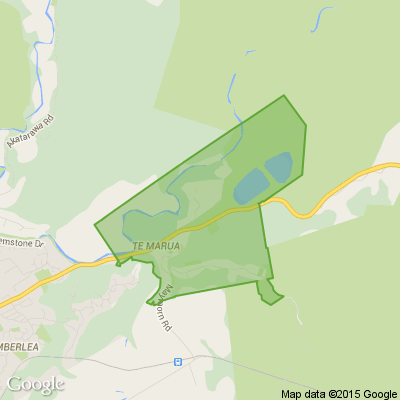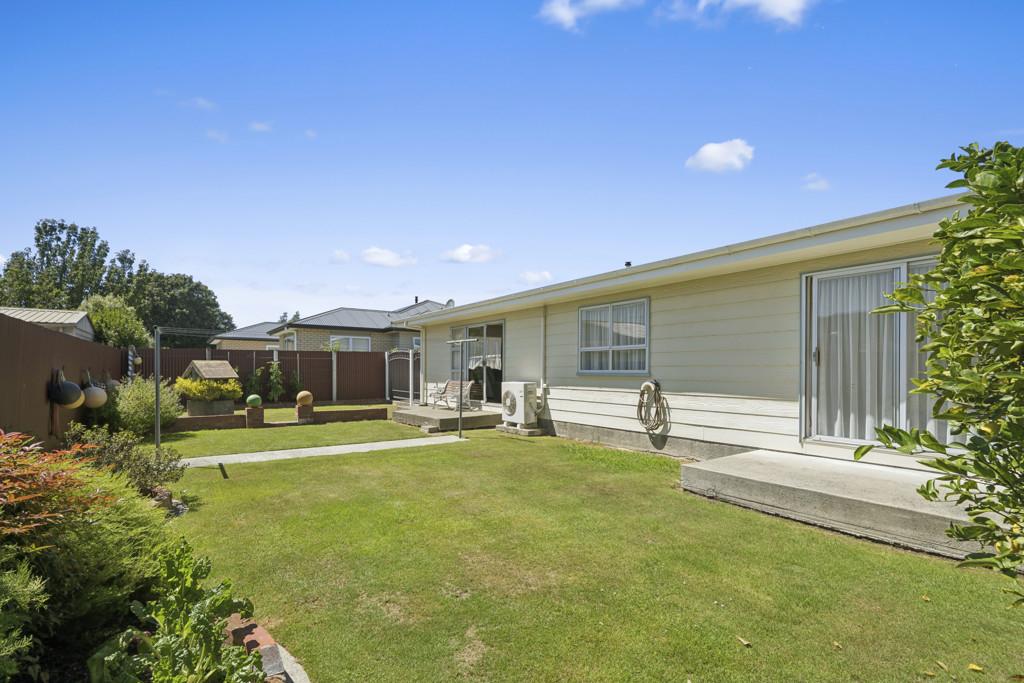Composting for Beginners
Compost is nature’s way of recycling. Made from waste garden material, compost is an essential ingredient for creating rich, friable soil and therefore healthy plants. Find out how to make compost with the guide below and use compost throughout your garden for healthy plant growth!
HOW TO SET UP YOUR COMPOST SYSTEM
To get started you will need a good structure or container to hold your compost. Reln Garden Compost Bins are a great option, or you could build your own, for example out of plastic bins or pallets, or create a compost heap. Look online for more ideas.
Choose a sunny position for your compost system and ensure it is easily accessible for adding ingredients and regular mixing.
Prepare your compost in layers that are a blend of carbon and nitrogen. This means adding a mix of organic garden and kitchen waste materials.
Carbon: Leaves, sticks, twigs and newspaper.
Nitrogen: Fruit and vegetable kitchen scraps, lawn clippings, egg shells, coffee grounds, tea leaves and sheep pellets.
Avoid adding: meat, dairy products or bread as these can attract unwanted pests. Don’t add any diseased plant material, to avoid spreading the disease.
A good rule of thumb is to add nothing larger than your little finger. Break up larger items like sticks, twigs and cardboard before adding them, to help them break down more quickly.
Layer materials evenly, making sure each layer is no thicker than 10cm. For every layer of backyard and garden waste, add a layer of kitchen waste material.
To help get the composting process underway you can add some existing compost to each layer. Add a little water with each layer and mix the material every few additions.
Put a lid on your compost bin to enable it to decompose quickly. Mix your compost regularly. It is compost when it is dark brown and smells earthy - it takes six to eight weeks to fully mature.
USING COMPOST IN YOUR GARDEN
Compost has a variety of benefits when used in your garden. It replaces nutrients that have been removed during a growing season, improves soil structure and increases the amount of oxygen available to plants.
Compost also conditions soil, improves moisture retention, increases earthworm activity and improves fertiliser use by plants.
For best results compost should be dug into the soil. Don’t plant directly into compost as this can burn plant roots.
The content of your compost bin should have the consistency of a damp sponge. If your compost gets a bit too wet, adding paper will help soak up excess water.
Apply 100g (approximately 10 tablespoons) of Tui Compost Enhancer per square metre to help speed up compost decomposition and keep away flies.

🧩😏 Riddle me this, Neighbours…
I am an odd number. Take away a letter and I become even. What number am I?
Do you think you know the answer?
Want to stop seeing these in your newsfeed? No worries! Simply head here and click once on the Following button.

Some Choice News!
DOC is rolling out a new tool to help figure out what to tackle first when it comes to protecting our threatened species and the things putting them at risk.
Why does this matter? As Nikki Macdonald from The Post points out, we’re a country with around 4,400 threatened species. With limited time and funding, conservation has always meant making tough calls about what gets attention first.
For the first time, DOC has put real numbers around what it would take to do everything needed to properly safeguard our unique natural environment. The new BioInvest tool shows the scale of the challenge: 310,177 actions across 28,007 sites.
Now that we can see the full picture, it brings the big question into focus: how much do we, as Kiwis, truly value protecting nature — and what are we prepared to invest to make it happen?
We hope this brings a smile!

Poll: Are you still heading to your local for your caffeine fix, or has the $$ changed your habits? ☕
Wellington’s identity is built on its cafe culture, but with costs climbing, that culture is under pressure. We’ve seen the headlines about recent closures, and it’s a tough pill to swallow along with a $6+ coffee.
We all want our favourite spots to stay open, but we also have to balance our own budgets ⚖️
We want to know: How are you handling the "coffee math" in 2026? Are you still heading to your local for a chat and a caffeine fix, or has the cost of living changed your habits?
Keen to read more about "coffee math"? The Post has you covered.

-
42.2% I avoid spending money on coffee
-
47.4% I still indulge at my local cafe
-
10.4% Irrelevant - coffee is not for me







 Loading…
Loading…




